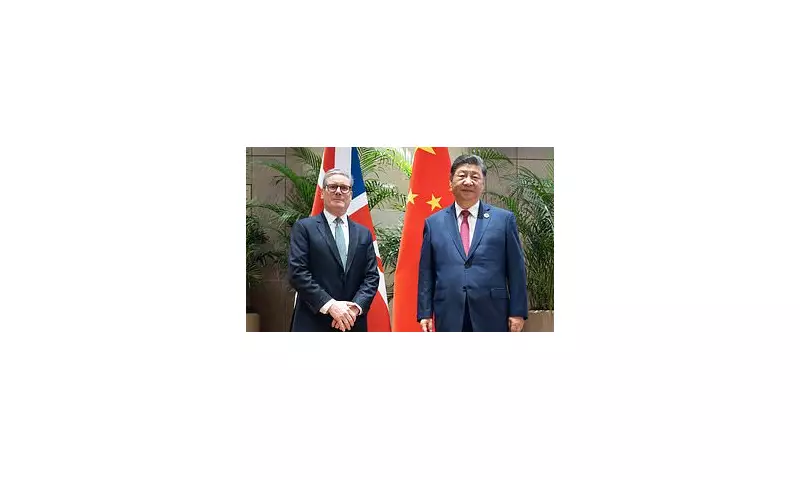
Sir Keir Starmer found himself at the centre of a major national security crisis after intelligence agencies uncovered a sophisticated Chinese espionage operation targeting senior Labour Party figures. The Labour leader was identified as a primary target in a plot that has sent shockwaves through Westminster.
The Parliamentary Researcher at the Heart of the Scandal
Security services discovered that a parliamentary researcher, who had worked with prominent Conservative MPs including Security Minister Tom Tugendhat and Foreign Affairs Committee chair Alicia Kearns, was allegedly operating as a Chinese spy. This individual had extensive access to sensitive parliamentary offices and defence-related information.
The researcher's activities raised immediate red flags within intelligence circles, prompting urgent investigations into the scale of potential security breaches. The case represents one of the most serious alleged infiltration attempts of the British political system in recent years.
Widespread Political Targeting
While the researcher primarily operated within Conservative circles, the intelligence revealed that Sir Keir Starmer and several senior Labour figures were key intelligence targets for the Chinese operation. The sophisticated nature of the approach suggested a coordinated effort to compromise politicians across party lines.
Security sources indicate that the operation aimed to gather sensitive information about UK defence policy, particularly regarding China and Taiwan. The researcher's position provided access to classified briefings and strategic discussions about national security matters.
Government Response and Political Fallout
Prime Minister Rishi Sunak confronted Chinese Premier Li Qiang about the allegations during the G20 summit in New Delhi. The government has described the situation as a "very serious matter" that underscores the evolving threat landscape facing British democracy.
Labour's response has been measured but firm, with shadow ministers emphasising the need for robust security protocols and cross-party cooperation in addressing foreign interference threats. The incident has prompted urgent reviews of security clearance procedures for parliamentary staff.
Broader Implications for UK-China Relations
This espionage case comes at a particularly sensitive time in UK-China relations, with the government recently describing China as an "epoch-defining challenge" to British interests. The revelation is likely to intensify debates about how to manage the relationship with Beijing while protecting national security.
Security experts warn that this case represents just one facet of China's extensive intelligence-gathering operations targeting Western democracies. The sophistication of the approach suggests similar attempts may be underway across other political institutions.
The ongoing investigation continues to examine the full extent of information that may have been compromised and whether other parliamentary figures remain vulnerable to similar approaches from hostile state actors.





